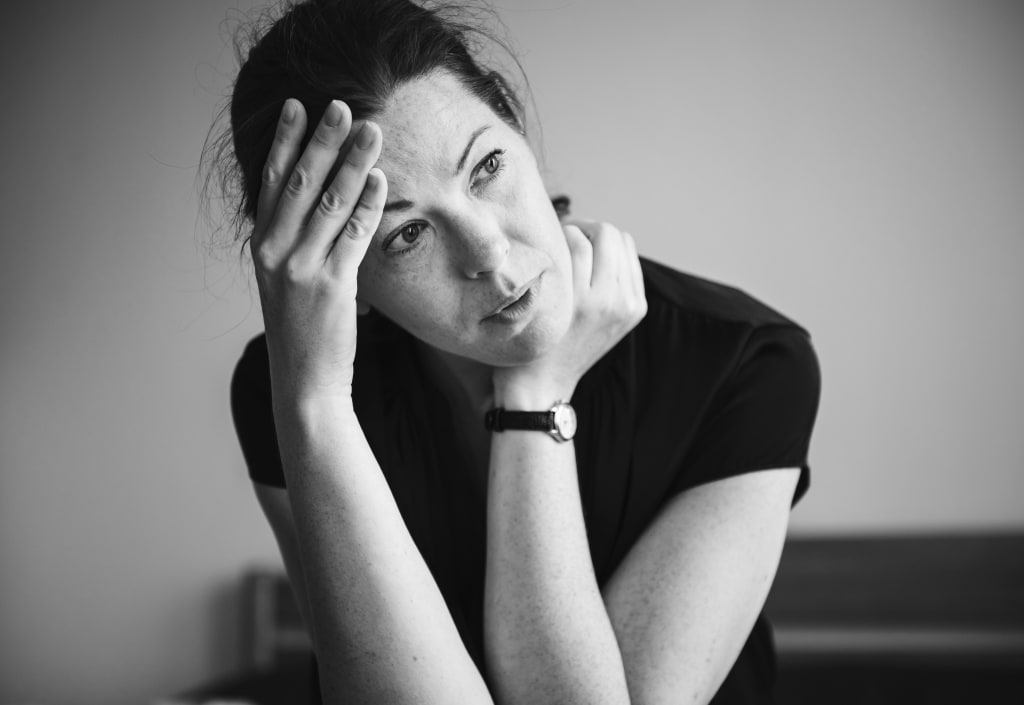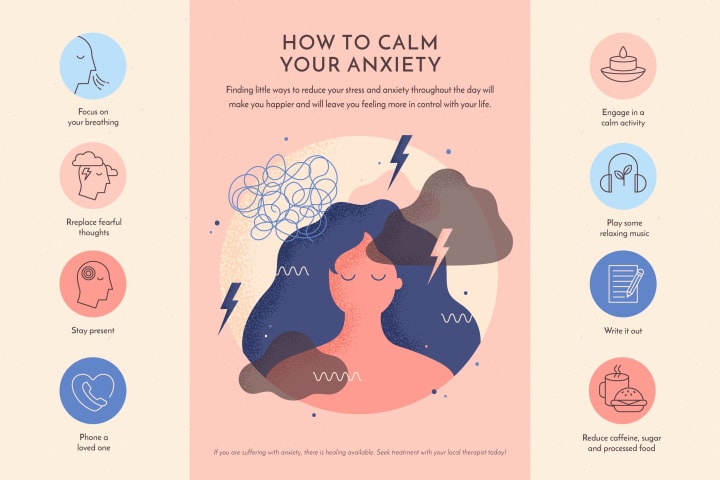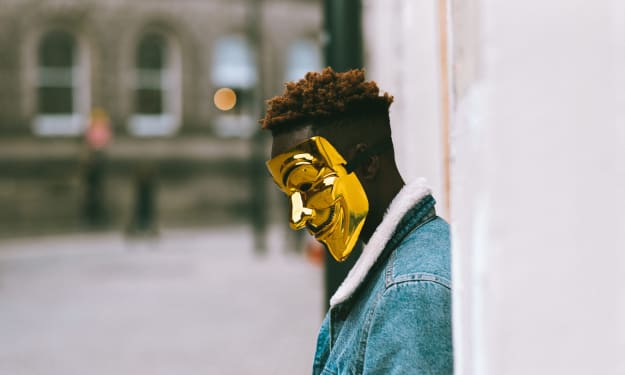Anxiety Is in Your Body, Not Your Mind: This is What You Need to Know
Why you should try this instead of talking about your anxiety

Anxiety is often associated with the mind. For example, you might read something that triggers a panic attack or get stuck in your thoughts and start thinking negatively. This can make it difficult to figure out how to treat anxiety. But this is not actually what causes an anxiety disorder. It's a physical condition that occurs in the body. And if you want to feel better, you need to take care of your physical needs first. Here are some ways that you can overcome anxiety without getting bogged down by the mental aspect of it all!
Why is Anxiety in Your Body and Not Your Mind?
Psychologists have found that our brains are wired to stay "on" and process information. It is a problem for those with anxiety because their brain will never turn off. This can lead to chronic depression, impaired decision-making, and increased distress. So what can you do about it? Follow these five steps:
1) Take a deep breath and relax your mind - The first thing you should do is make sure that you're breathing properly. If not, the stress will continue to build up in your body and cause more problems than just one. When you take a deep breath and relax your mind, you start to feel more at ease and in control of the situation.
2) Get organized - Organizing yourself will also help lower your stress level. It doesn't have to be complicated or time-consuming either; just by adding some good old fashioned organization into your life, things will be easier on you.
3) Practice mindfulness - You don't need any fancy equipment or classes, just a simple meditation technique or activity like yoga to get started on the right foot each day.
4) Have an outlet - Whether it's knitting, cooking or playing an instrument, try having something on standby that calms and centres you when the going gets tough.
5) Get physical - Exercise releases endorphins which help alleviate anxiety so try going for a walk or lifting weights every day as well!
What Causes Anxiety?
The reason people suffer from anxiety is because of a chemical imbalance in the brain. In order to feel better, you need to treat your body with what it needs. Your mood, thoughts and physical health are all intimately tied together.
- Physical symptoms of anxiety may include feeling lightheaded or short of breath or heart palpitations.
- The most common mental side effects are worrying about everything and doubting oneself.
- Many people with an anxiety disorder also have depression.
Here's how you can take care of your mental health:
- Shift your thinking so that you're not immersing yourself in negative thoughts every day (see our article on 5 ways to stop obsessing)
- Use mindfulness meditation to break the cycle of negative thinking once and for all
- Focus on the positive aspects of life and know that no matter what happens, you will be okay
- Practice yoga, art therapy, and other creative pursuits that help relieve stress

Major Anxiety Disorders
When you have Generalised Anxiety Disorder (GAD), you become anxious about most everyday events and can't recall the last time you felt peaceful. An imbalance in the brain chemicals serotonin and noradrenaline, which are important in mood regulation; a combination of past trauma such as assault, abuse, or bullying; a chronic pain condition; or inherited factors, among others, can induce anxiety.
Obsessive-Compulsive Disorder (OCD) is characterised by intrusive, obsessive thoughts that can be distressing, as well as an overwhelming desire or compulsion to repeat a routine. This could be shown in his or her behaviours, such as cleaning or washing hands excessively, putting things in drawers in a specific order, folding clothes, and so on.
Post-traumatic Stress Disorder (PTSD) develops after a very stressful experience, such as being in a war zone, surviving an attack or a terrible accident, or experiencing an occurrence as a result of a natural disaster.
Phobias are unreasonable fears of a thing, place, or event, such as bees, spiders, heights, the dark, cramped places, fire, and so on.
Panic attacks are characterised by unreasonable and elevated anxiety, as well as physical symptoms such as heart palpitations, perspiration, chilly hands and feet, inability to breathe or hyperventilation.
Long-term worry can cause lightheadedness, dizziness, and a sensation of impending doom, among other physiological symptoms. Chronic anxiety, on the other hand, might have serious health consequences.
How to Manage Anxiety
- Eat a healthy diet.
- Exercise regularly.
- Practice breathing exercises two to three times a day.
- Play games or participate in sports to decompress and de-stress your body and mind.
- Read for pleasure every day, even if you don't have time for it.
Conclusion
There are many ways to manage anxiety, but it’s always best to start with the basics. It's important to remember that anxiety originates in your body, not your mind. The next time you feel anxious, try deep breathing or meditation. If these methods don’t work, talk to your doctor and get the help you need.






Comments
There are no comments for this story
Be the first to respond and start the conversation.